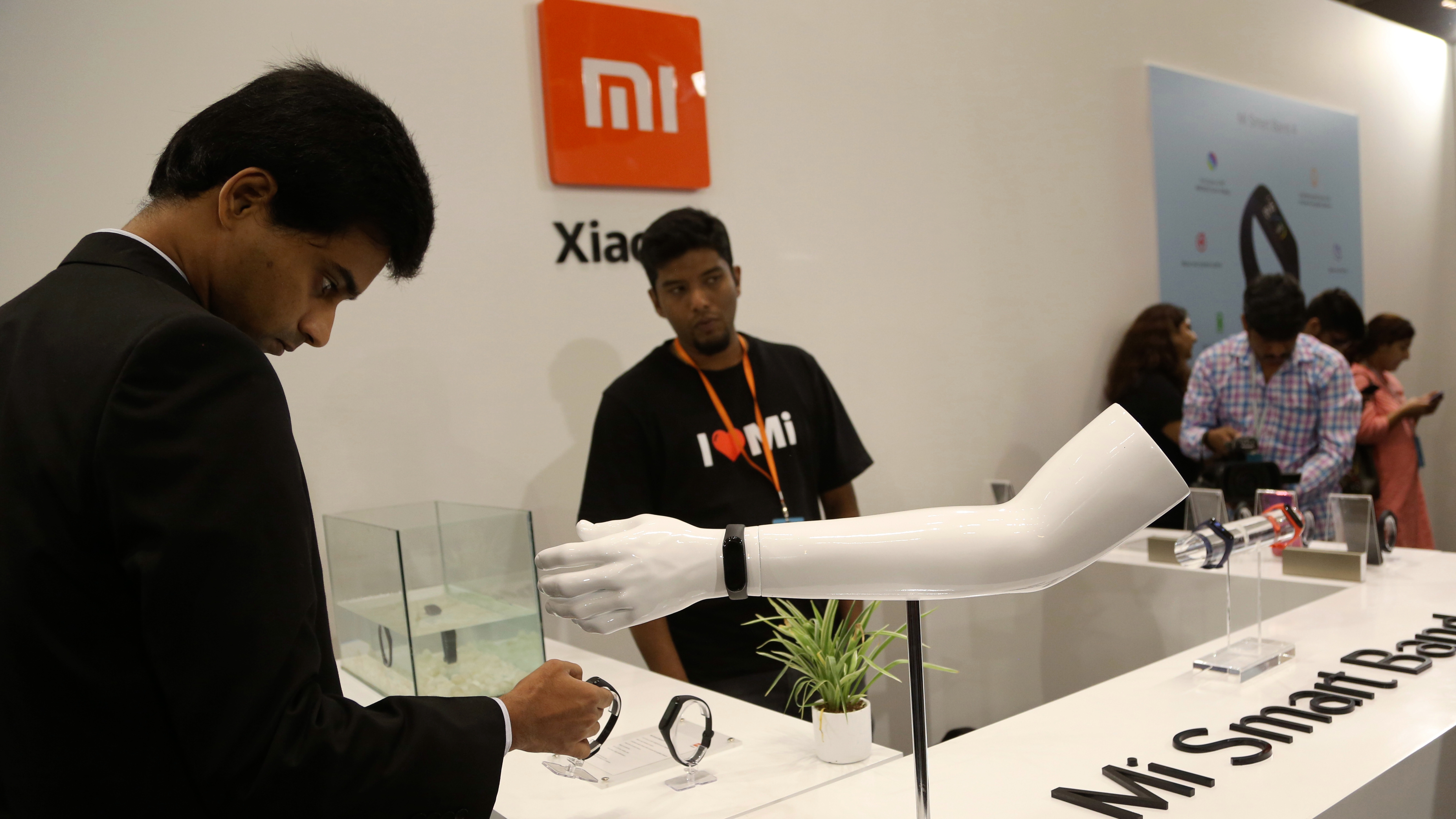Editor's note: Rabi Sankar Bosu is an Indian contributor to Chinese media outlets. He writes about Chinese politics, social and cultural issues, and China-India relations with a special interest in the Belt and Road Initiative. The article reflects the author's views, and not necessarily those of CGTN.
With border tensions escalating with China since April, the Indian government under Prime Minister Narendra Modi has taken a firmer line against China, accusing the country of threatening its sovereignty and territorial integrity by encroaching on land along the Line of Actual Control (LAC).
In his Independence Day speech at the Red Fort on August 15, Modi underscored India's resolve to stand up against China's so-called military aggression. Since then, the ruling Bharatiya Janata Party (BJP) and some right-wing organizations have had emotional outbursts against China-made products at a time when most Indian states are in dire need of Chinese investment to transform their economic conditions through trade and investment.
Over the past three months, Modi and his administration's attacks on China have put the Sino-Indian relationship in a precarious situation. The country recently imposed a ban on 59 popular Chinese apps and their clones, including TikTok, Weibo, Camscanner, ShareIt and UC Browser, on the so-called grounds of safeguarding Indian citizens' enormously valuable data. Even Modi deleted his account on China's twitter-like website Weibo which he opened on May 4, 2015 ahead of his first visit to China as prime minister.
The restrictive actions on Chinese apps, in particular TikTok and WeChat, do not benefit Indian users, consumers or enterprises, but only disrupt their earnings and business.
Modi is now promoting a self-reliant India under his much-touted "Make in India" program with a target to replace one-third of Chinese imports. As part of this mission, the Indian government has asked all states and public sector companies to refrain from entering into new contracts with Chinese companies.
Accordingly, Indian Railways cancelled the contract with Beijing National Railway Research & Design Institute of Signal & Communication Company for a signaling and telecommunication project for freight corridors.
The Indian government has also ordered e-commerce companies, including Amazon and Walmart's Flipkart, to display the country of origin on goods, so as to prevent purchases of Chinese goods. It has also delayed clearing goods imported via Alibaba and Tencent.
Responding to Modi's appeal for "vocal for local" to boost the country's march towards self-reliance, hawkish right-wing activists have been drumming up a "boycott China" campaign to supposedly teach a lesson to its largest neighbor, regarding it as an "enemy" and "strategic threat."
On the other hand, the right-wing Hindu extremists, mostly supporters of the ruling BJP Yuva Morcha, have been trumpeting the boycott chorus against China by vandalizing shops selling Chinese items. These activities make no sense since Indian traders imported Chinese goods following the BJP government's policy.

Xiaomi's fitness bands on display at an event in Bangalore, India, September 17, 2019. /AP
Xiaomi's fitness bands on display at an event in Bangalore, India, September 17, 2019. /AP
Although the self-reliant India campaign is laudable, boycotting Chinese products will be a tough challenge for India since its manufacturing sectors have been heavily dependent on products imported from China.
The consequences of the current campaign to avoid Chinese products and apps can be devastating for India which is now facing economic recession, increasing layoffs and burgeoning unemployment due to the COVID-19 pandemic. It should be noted that the Indian economy has shrunk by one-fifth since the crisis.
It needs to be acknowledged that the Chinese investment matters a lot to India's "Make in India" program. The Modi administration needs to take a look at the facts without brooding over fraught border issues: China is India's biggest trading partner after the U.S., a critical source of support for India's fledgling tech firms, and fourth largest export market. In the last six years, over 1,000 Chinese companies have been participating in different projects of the "Make in India" initiative with a total investment of 8 billion U.S. dollars as of December 2019, creating more than 200,000 local jobs.
While speaking at a webinar on July 30, Chinese Ambassador to India Sun Weidong said that since the dawn of the 21st century, bilateral trade volume between China and India has increased by 32 times to nearly 100 billion U.S. dollars. It can be said that the Chinese investment has been playing an important role in trade and manufacturing sectors over the years while also improving ordinary Indian people's livelihood.
There is no doubt that boycotting Chinese goods and banning Chinese technology firms and apps run against the "general trend of international trade and e-commerce," violating the WTO rules. Moreover, these discriminatory measures against the Chinese investors are nothing but biting the hands that feed the Indian middle class.
The India-China trade is mutually beneficial for the strong friendship of 2.7 billion people of two countries. Being the two largest developing countries and emerging economies, the leaderships of the two countries should sit together and talk to each other to realize the goal of "Dragon-Elephant Tango," abandoning the "zero-sum game."
Emotions should not dominate the bilateral ties: no anti-China, no anti-India slogan right now. If not, a third country (the United States) will take all the profit from the India-China duel.
(If you want to contribute and have specific expertise, please contact us at opinions@cgtn.com.)